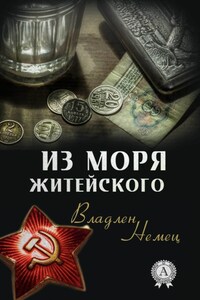The Story of My Life / История моей жизни

О книге
Махатма Ганди – индийский политический и общественный деятель, боровшийся за независимость Индии от Великобритании. Он известен своей философией ненасилия под названием сатьяграха, оказавшей большое влияние на движения сторонников мирных перемен.
Автобиография Ганди «Моя жизнь» рассказывает о его становлении и духовных исканиях, а также о борьбе за права в Южной Африке и об освобождении Индии. Кроме нее в данную книгу вошли другие произведения Ганди на политические и социальные темы.
Читая эту книгу вы сможете не только узнать больше о жизни и идеях Махатмы Ганди, но и попрактиковать свой английский.
Книга издана в 2024 году.
Вам будет интересно















